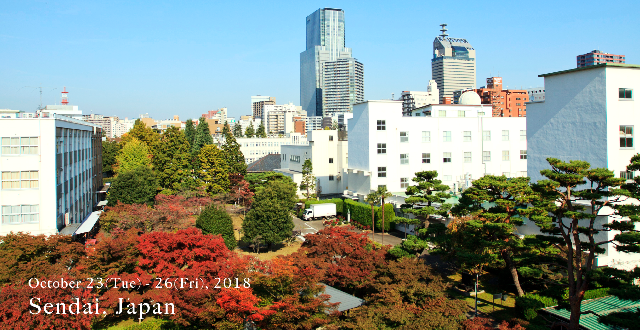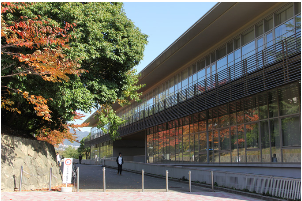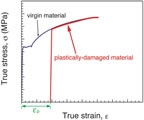| Academic Articles | |||||
| Regular Paper | Vol.6No.1 (2014) p.24 - p.32 | ||||
Effect of Thermo-Mechanical Loading Histories on Fatigue Crack Growth Behavior and the Threshold |
|||||
| Masakazu OKAZAKI1, Milton MUZVIDZIWA1, Akira IWASAKI1 and Naoto KASAHARA2 | |||||
| 1Nagaoka University of Technology, Nagaoka, Niigata, 940-2188, JAPAN 2The University of Tokyo, Hongo, Tokyo, JAPAN |
|||||
| Abstract | |||||
| High cycle thermal fatigue failure of pipes induced by fluid temperature change is one of the interdisciplinary issues to be concerned for long term structural reliability of high temperature components in energy systems. In order to explore advanced life assessment methods to prevent the failure, fatigue crack propagation tests were carried out in a low alloy steel and an austenitic stainless steel under typical thermal and thermo-mechanical histories. Special attention was paid to both the effect of thermo-mechanical loading history on the fatigue crack threshold, as well as to the applicability of continuum fracture mechanics treatment to small or short cracks. It was shown experimentally that the crack-based remaining fatigue life evaluation provided more reasonable assessment than the traditional method based on the semi-empirical law in terms of "usage factor" for high cycle thermal fatigue failure that is employed in JSME Standard, S017. The crack propagation analysis based on continuum fracture mechanics was almost successfully applied to the small fatigue cracks of which size was comparable to a few times of material grain size. It was also shown the thermo-mechanical histories introduced unique effects to the prior fatigue crack wake, resulting in occasional change in the fatigue crack threshold. |
|||||
| Keywords | |||||
| High cycle thermal fatigue failure, Thermo-mechanical loading history, Small crack, Threshold, Crack wake, Repair, High-cycle and low-cycle fatigue interaction, SUS316, SCM440 | |||||
|
Full Paper: PDF
|
|||||





